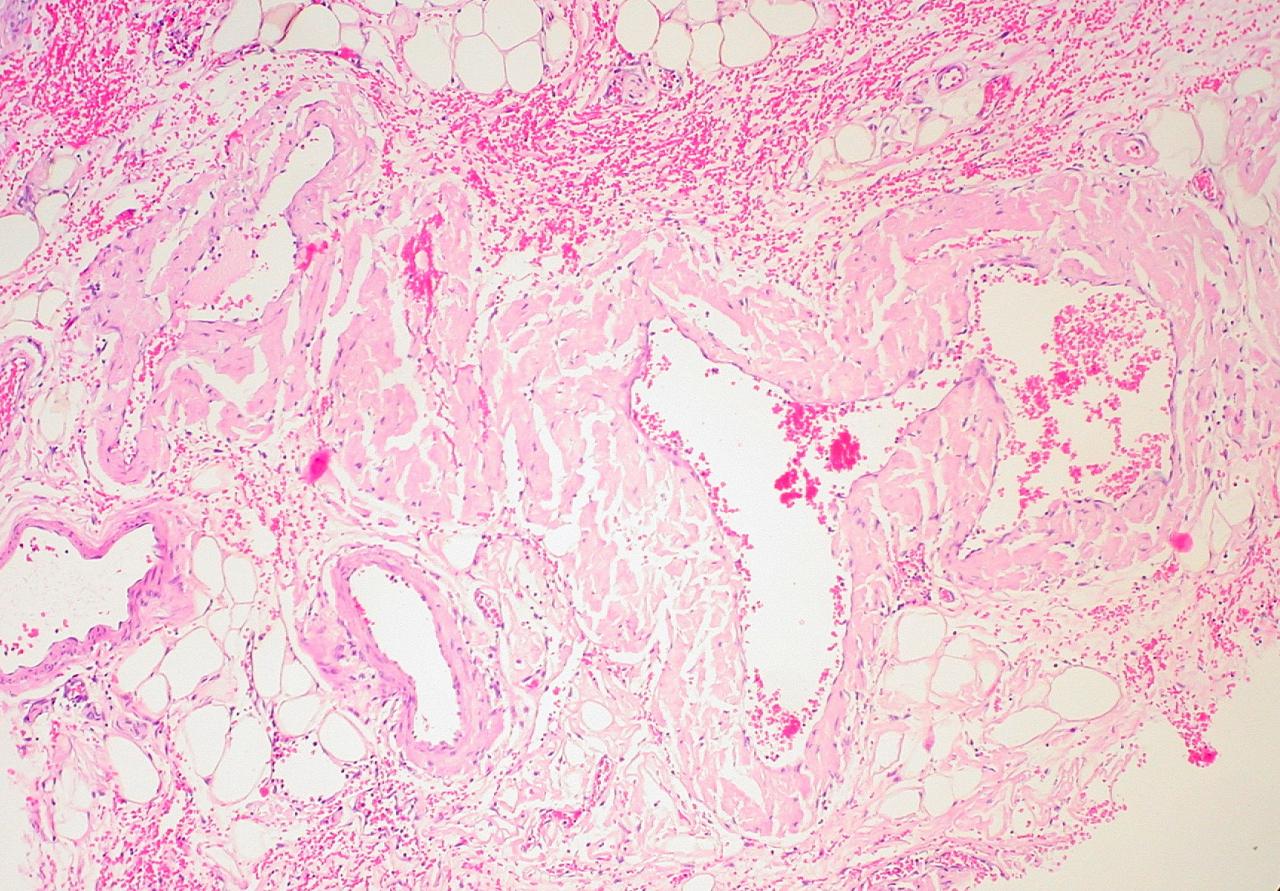When a person is diagnosed with dementia, she has a significant impairment of two or more neurological functions without having lost consciousness. For example, a patient may have impairment in memory and judgment. Several types of dementia exist, which are classified by what areas of the brain they affect, if they result from another condition, and if they become progressively worse.
The second most common type of dementia is vascular dementia — about 20 percent of all dementia cases are vascular dementia, according to the National Institute of Neurological Disorders and Stroke.
This type of dementia results when damage occurs to the patient’s blood vessels in her brain. As a result, the brain does not get as much blood, which carries oxygen and nutrients, leading to functional problems.
Several conditions can cause vascular dementia: the MayoClinic.com noted that common causes include a stroke that results in a blocked artery in the brain and chronically damaged or narrowed blood vessels in the brain. Damage to the arteries may result from conditions such as diabetes, high blood pressure and lupus erthematosus.
One type of vascular dementia, multi-infarct dementia, results from multiple small strokes. If one stroke causes the dementia, it is called single-infarct dementia. However, the National Institute of Neurological Disorders and Stroke pointed out that not all strokes cause vascular dementia.
Other causes of vascular dementia include an infection of the heart valve (endocarditis) and a build-up of amyloid protein in the blood vessels in the brain (amyloid angiopathy). People who have had a heart attack, high blood pressure or atherosclerosis have a higher risk of developing vascular dementia.
Vascular dementia is a progressive dementia, meaning the symptoms get worse over time. The MayoClinic.com noted that some patients with vascular dementia may also have Alzheimer’s disease. The symptoms of vascular dementia depend on what area of the brain was affected.
For example, if blood supply is prevented from getting to regions of the brain responsible for memory, the patient may have difficulty remembering information. Some patients may experience confusion, trouble with attention, difficulty planning and problems with thinking. Depression, urinary difficulties and night wandering may occur. Other symptoms include an unsteady gait, agitation and restlessness.
When a patient is diagnosed with vascular dementia, her doctor may prescribe medications for underlying causes. For example, if the patient has high blood pressure, her doctor may prescribe medication to lower it. The doctor may also recommend that the patient quit smoking (or avoid smoking) and cut back on alcohol consumption. The Alzheimer’s Association noted that these steps may help prevent future cognitive decline.
While the U.S. Food and Drug Administration has not approved any medications for the treatment of vascular dementia, doctors may prescribe patient medications that have been approved for Alzheimer’s disease, such as cholinesterase inhibitors like donepezil and memantine.
References
National Institute of Neurological Disorders and Stroke. Dementia: Hope Through Research. Web. 12 September 2011
http://www.ninds.nih.gov/disorders/dementias/detail_dementia.htm
MayoClinic.com. Vascular Dementia. Web. 12 September 2011
http://www.mayoclinic.com/health/vascular-dementia/DS00934/METHOD=print
Alzheimer’s Association. Vascular Dementia. Web. 12 September 2011
http://www.alz.org/alzheimers_disease_vascular_dementia.asp
Reviewed September 12, 2011
by Michele Blacksberg R.N.
Edited by Jody Smith






Add a Comment1 Comments
Honestly, people, wake up! Stop eating animals and animal products!! The high saturated fat and cholesterol laden meat, eggs and dairy products you are shoveling down at every meal cause dementia, heart disease, strokes, type 2 diabetes, IBS, and cancer. If plaque build up to the point that it closes off a coronary artery, what do you think it does in the blood vessels of your brain?! Drugs don't work. Watch a Vitorin commercial: Vitorin helps to *SLOW* the build up. Stop eating meat, eggs, and dairy. Save your life. Save your mind!!!
October 2, 2011 - 5:17pmThis Comment